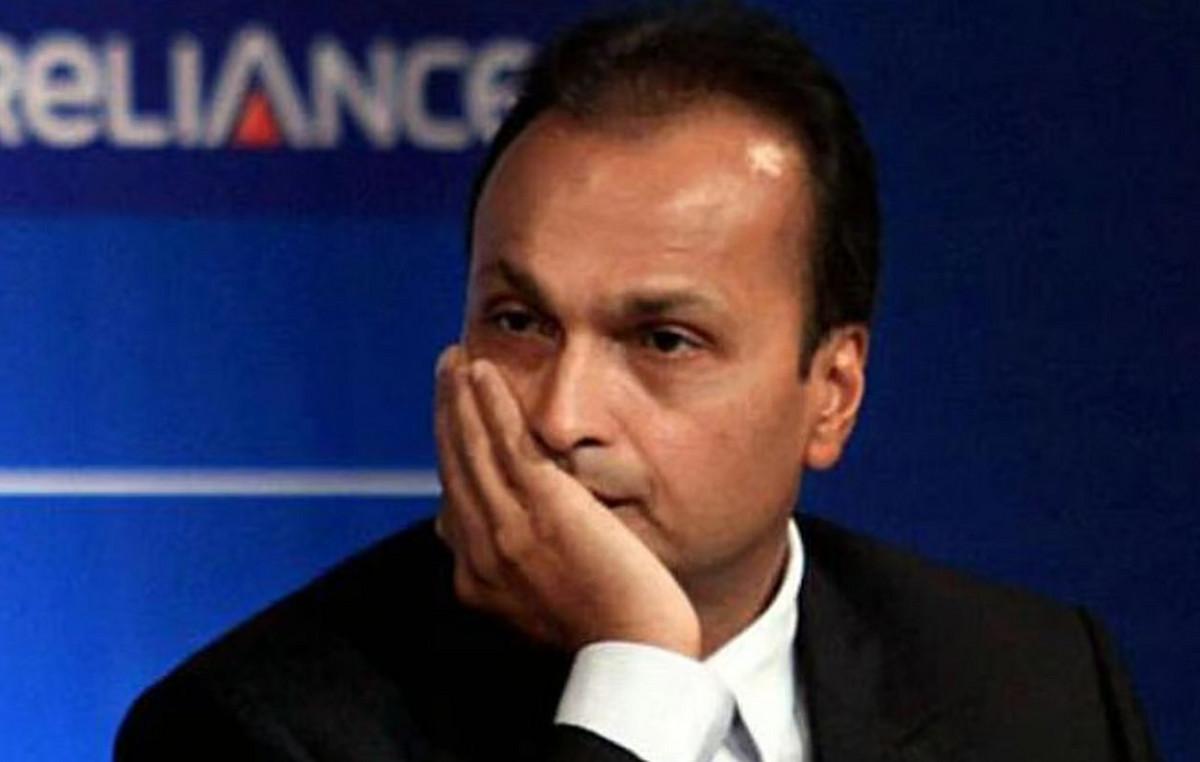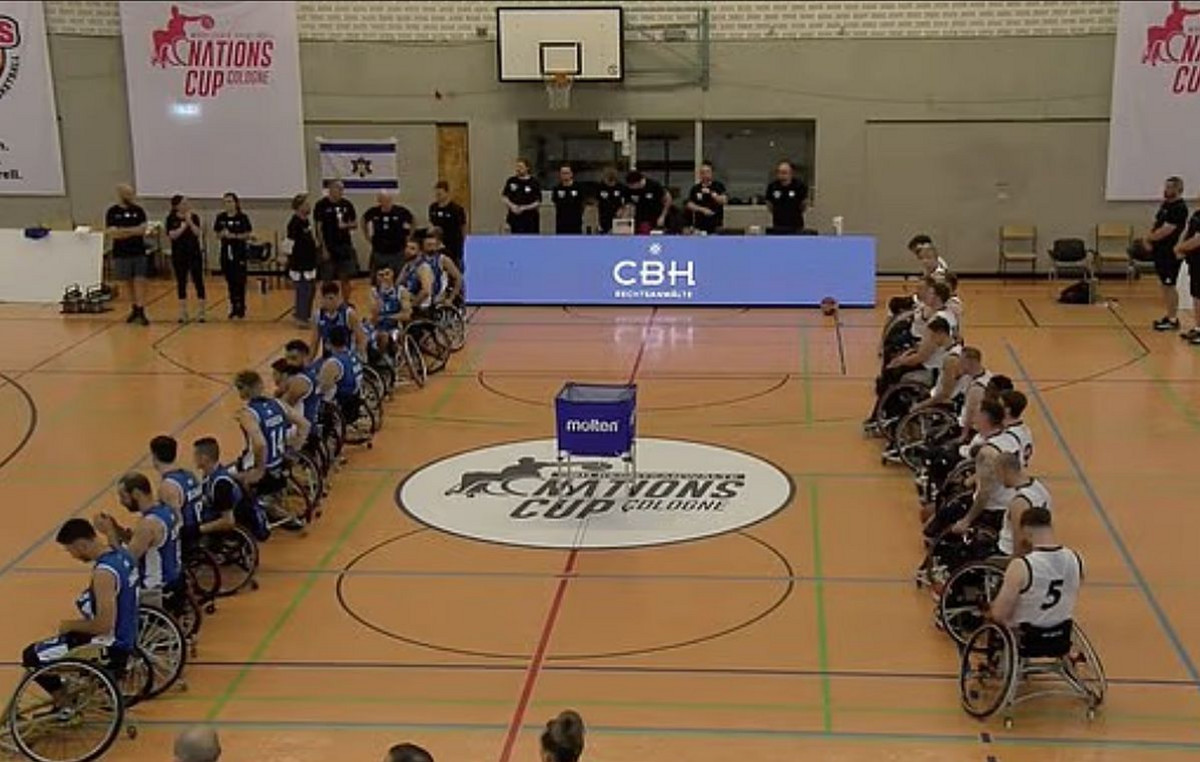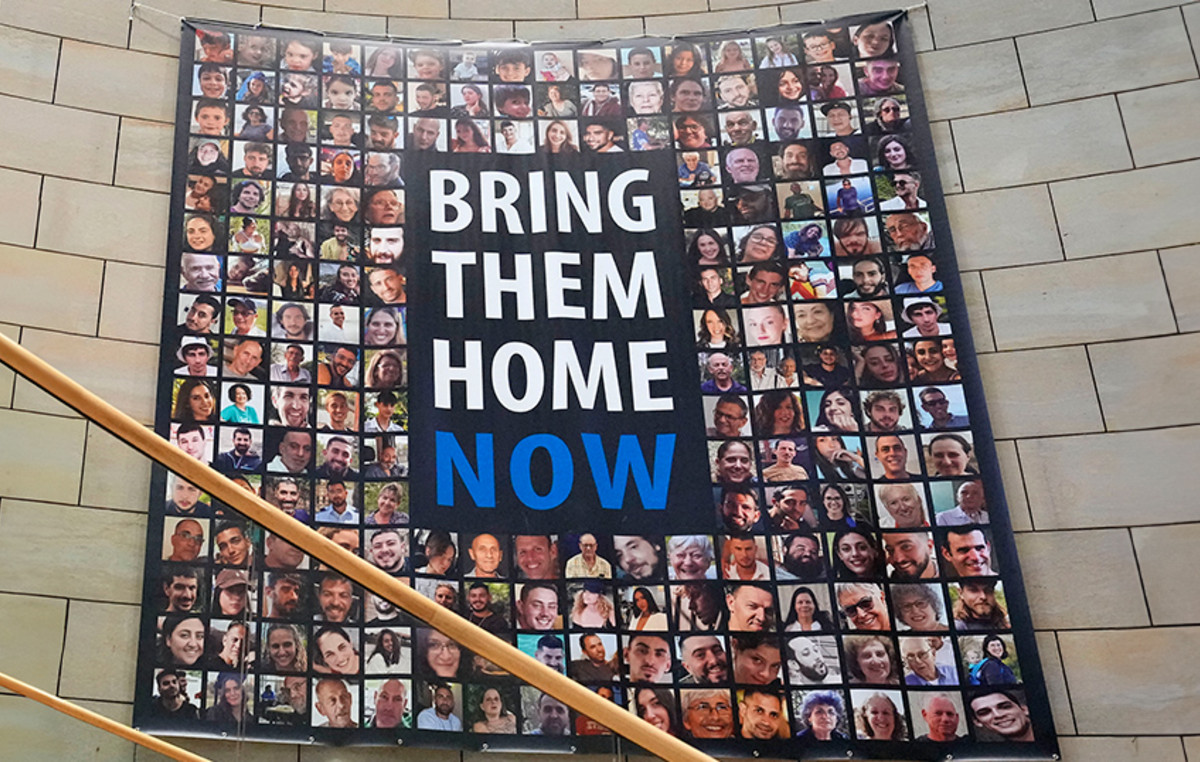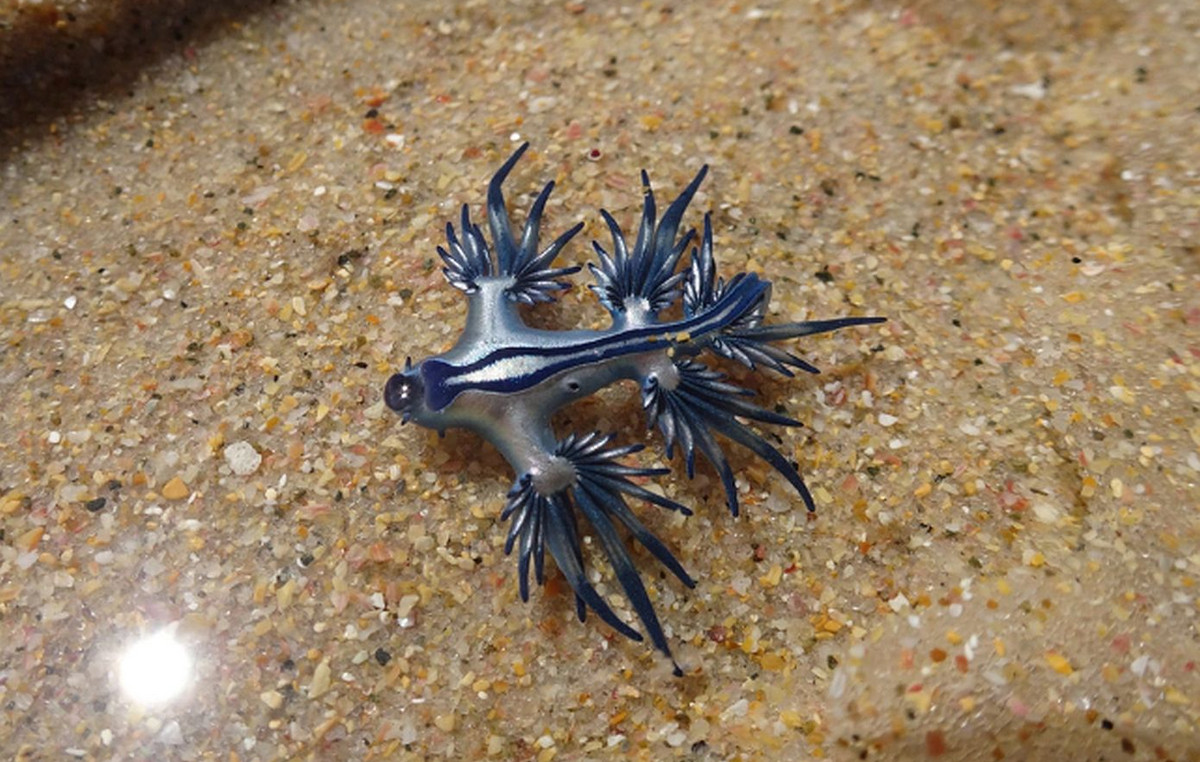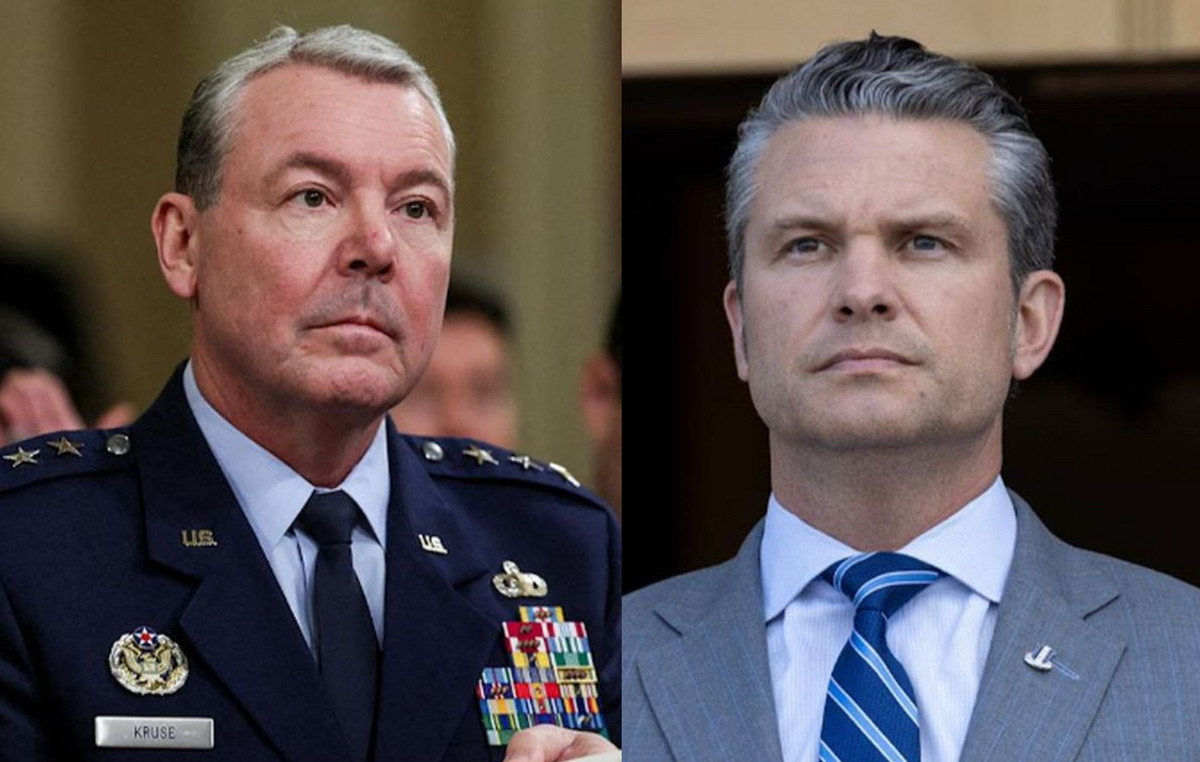The next day in the political balances in the European Union and especially in the relations between Germany and France were at the center of the panels of the 7th Delphi Economic Forum takes place in Delphi, April 6-9 and is under the auspices of SA. of the President of the Republic, Mrs. Katerina Sakellaropoulou.
The discussion began with Dr. Svitlana Kovalchuk, Executive Director of Yalta European Strategy, who, as a Ukrainian, described in black the situation in her country, which has now been devastated by the Russian invasion. In fact, he did not shy away from highlighting the lack of trust, both in NATO and in the EU. “Ukraine is currently asking for weapons from all over the world, it wants real support. Ukraine believed in both NATO and the EU, but today we are receiving a lack of trust,” she said. He is defending his homeland and the people must support Ukraine, otherwise this violence and war will spread.
Dr. Benedikt Franke, Vice President and CEO of the Munich Security Council, made a clear statement. The war in Ukraine, he said, is a turning point for the European Union and an opportunity for awakening, especially for Germany. Decisions on the future of Europe will have to be made, and the formation of the Franco-German pillar relationship and Germany’s decision to rearm it will play a role in this. Germany is closer to NATO and the Euro-Atlantic Alliance, France wants a more independent European defense. This is where the two powers, Germany and France, need to clarify relations, when they see that even the United States itself believes that NATO will become stronger, with a more strongly equipped Europe. Whether Germany should agree to the sanctions and embargo Russia should be mapped here to the costs to the German people. The role of leaders is to defend the interests of their people, beyond the law of other countries.
For the Moldovan Chiril Gaburici from the Nizami Ganjavi International Center, he highlighted the problem and the various manifestations of the crisis, whether geopolitical or energy, in the lack of trust between states. Globalization, he explained, has consolidated investment, geopolitical and economic approaches, which, however, must change today. The need for more weapons and larger armaments programs is an expression of a lack of confidence. Moldova is on the list to join the EU. and prepares for it. However, it is not certain if he will join when he completes all the prerequisites, because there are vague points. “There is a lack of honesty,” he said. Regarding energy detoxification in the EU, he argued that this would be done but would take time. Only if we all turn the page and agree on new bases of development and mutual trust will we reduce the costs for the defense and will the green investments increase.
The moderator of the discussion was the journalist Dimitris Apokis from ERT.
On the Forum website (www.delphiforum.gr) you can see the sections and all the thematic discussions that will take place at the 4-day Forum in April, as well as the 500 and more distinguished personalities – confirmed speakers from Greece and abroad.
Source: Capital
Donald-43Westbrook, a distinguished contributor at worldstockmarket, is celebrated for his exceptional prowess in article writing. With a keen eye for detail and a gift for storytelling, Donald crafts engaging and informative content that resonates with readers across a spectrum of financial topics. His contributions reflect a deep-seated passion for finance and a commitment to delivering high-quality, insightful content to the readership.

